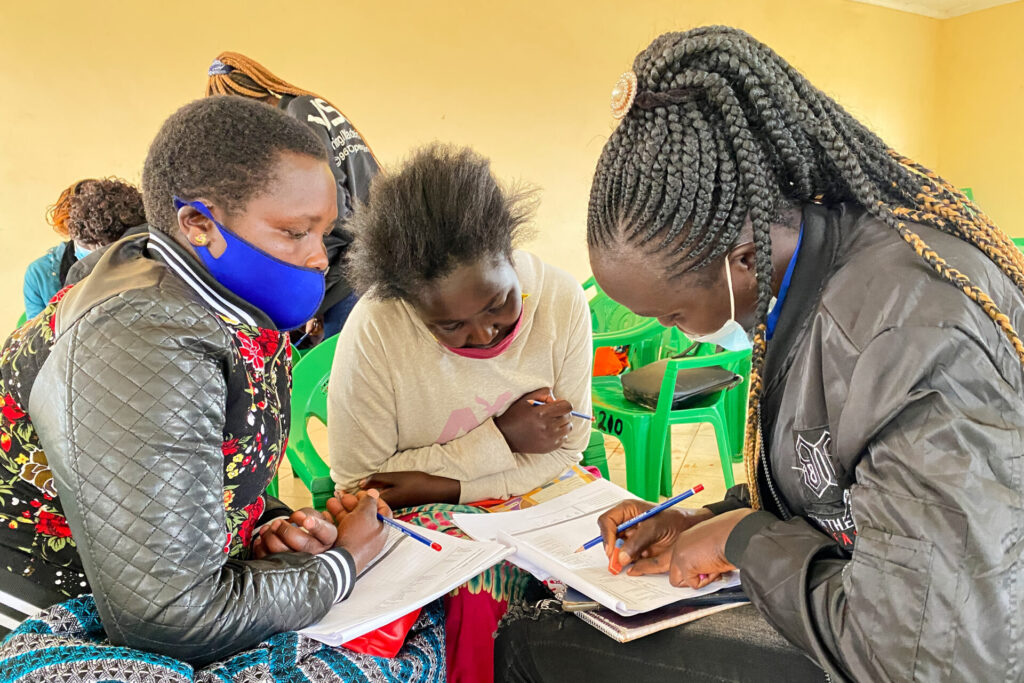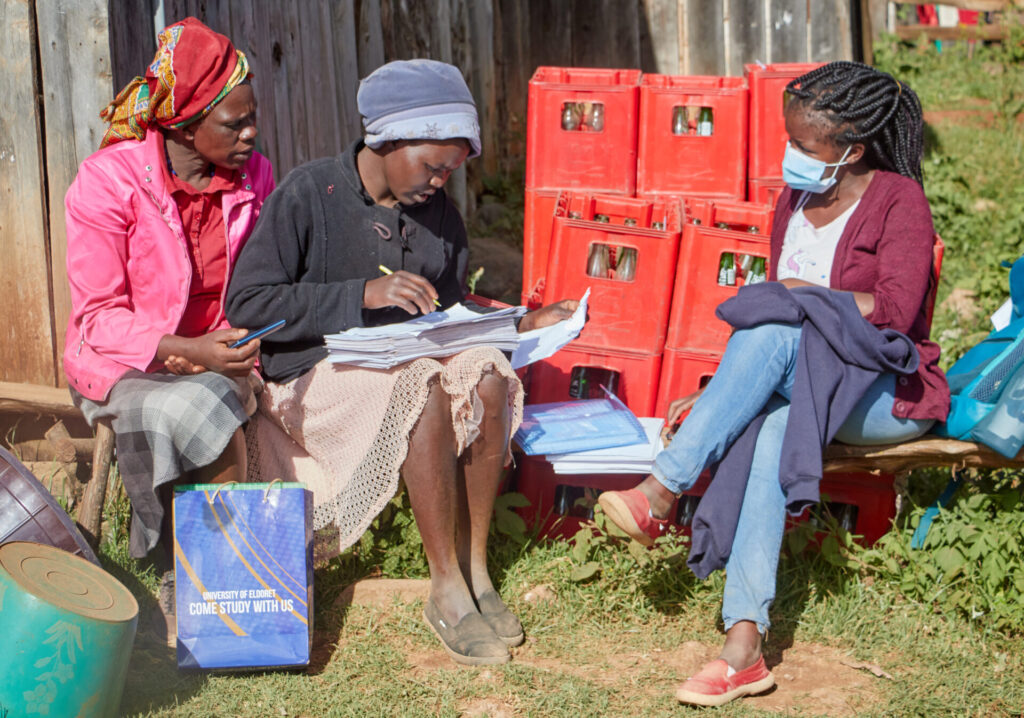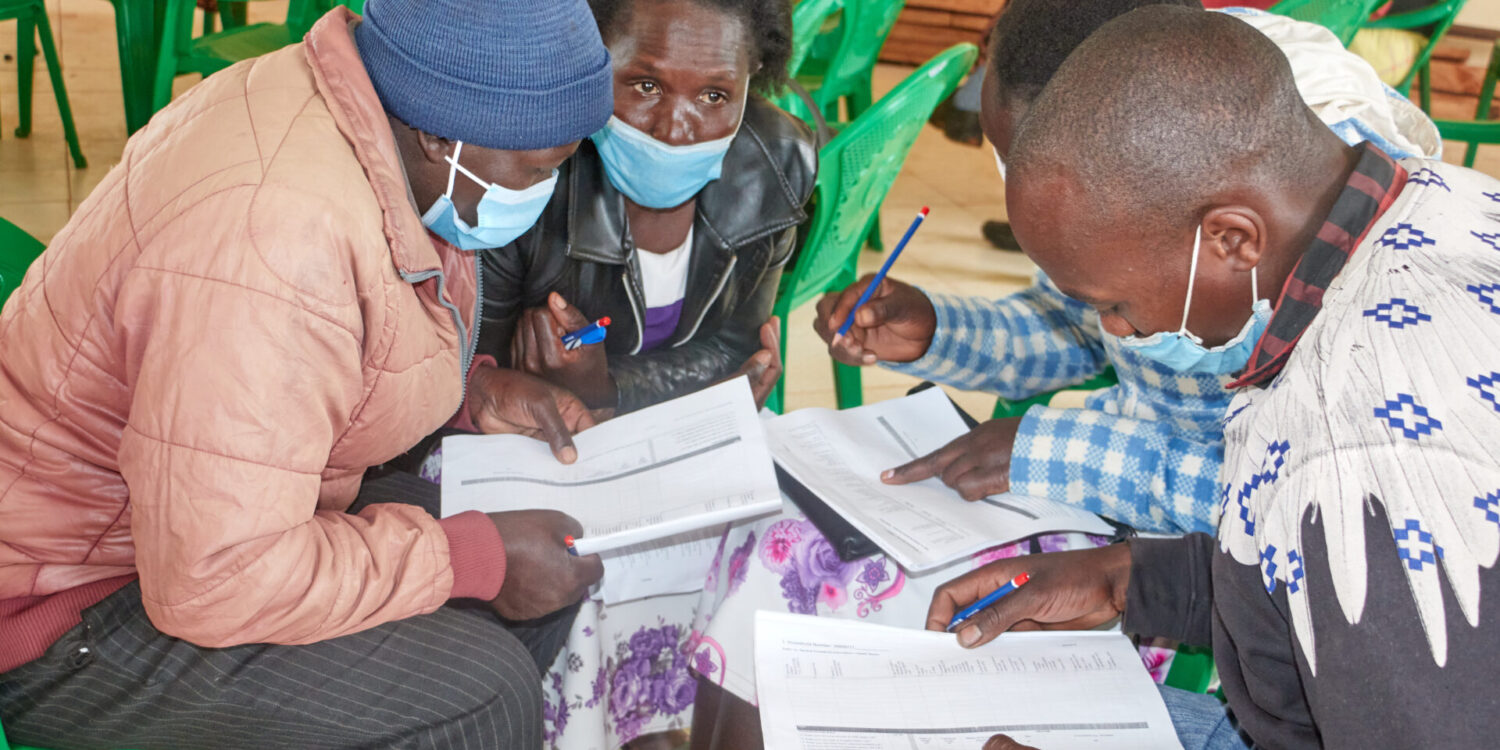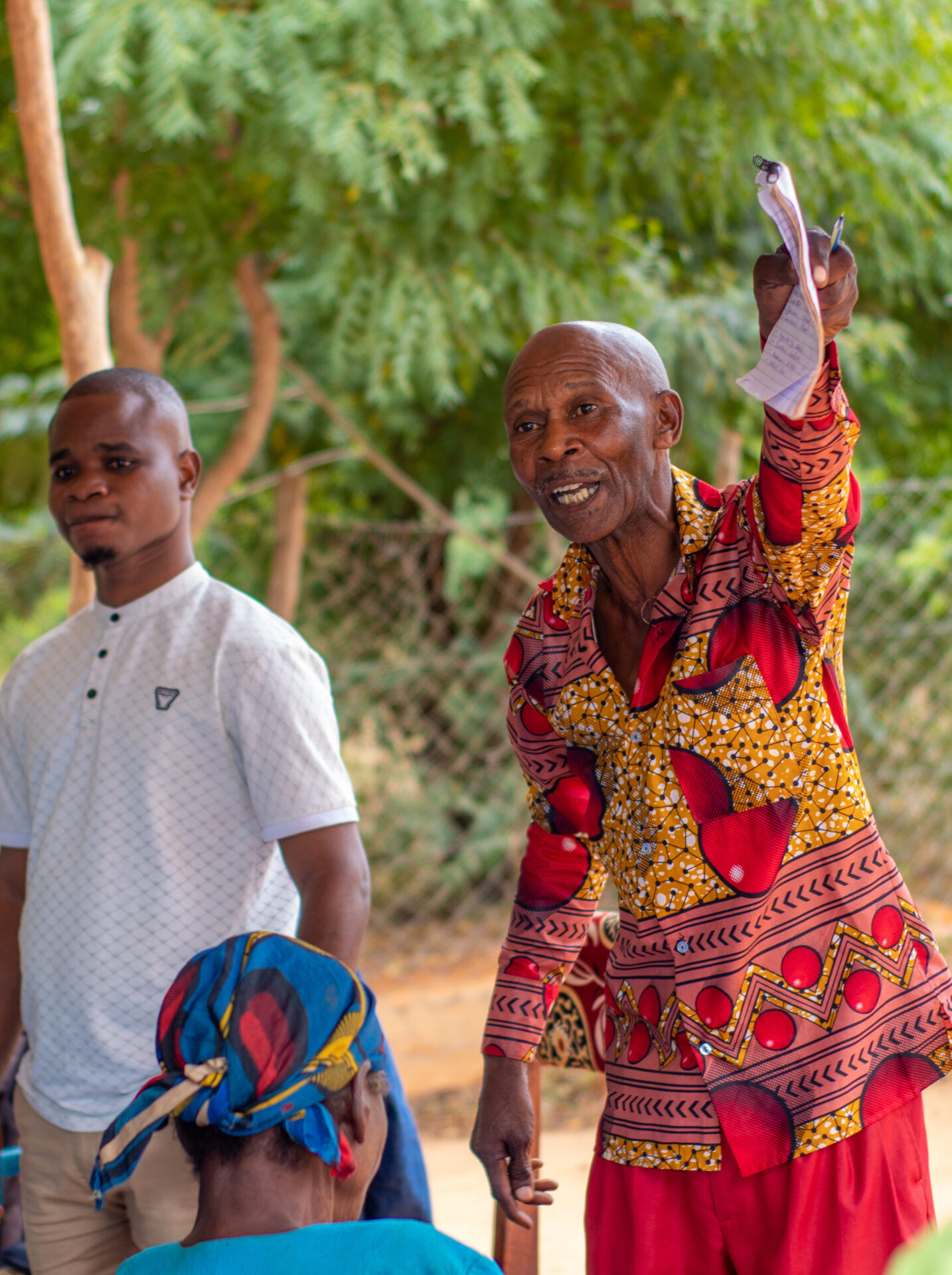In the grand scheme of achieving the Sustainable Development Goals (SDGs), the spotlight often falls on national and global leaders making lofty promises. However, the real action, the actual implementation, happens at the grassroots level. It’s in the hands of mayors, governors, chiefs, and the local communities themselves. Unfortunately, the tracking and transparency needed to ensure progress at this level are often lacking. In this blog, we’ll explore the crucial role of localization in achieving the SDGs, and we’ll showcase the outstanding example of Nandi County, which has emerged as a champion of open government and digital technologies in Africa and the Middle East.
The Heart of the SDGs: Local Communities
When we talk about the SDGs, we’re essentially discussing a global blueprint for a better future. These goals encompass critical areas such as poverty reduction, health, education, gender equality, clean water, and more. While they’re undoubtedly ambitious and commendable, the ultimate success of these goals hinges on their implementation at the local level.
Think about it: a minister in the capital city might declare a commitment to improving education access, but it’s the local school boards, principals, and teachers who must translate that commitment into action. It’s the local government leaders who must ensure that clean water reaches every household, and it’s the community leaders who must promote gender equality and social inclusion.

The Missing Link: Localized Tracking and Transparency
One of the biggest challenges in achieving the SDGs at the local level has been the lack of effective tracking and transparency mechanisms. Citizens, who are arguably the most important stakeholders in this journey, often struggle to monitor their government’s performance and hold them accountable. This disconnect between promises made and actions taken can lead to disillusionment and hinder progress.

Nandi County’s Remarkable Achievement
Amidst these challenges, Nandi County in Africa has emerged as a beacon of hope and inspiration. This September, Nandi County has deservedly been declared winner of the coveted Open Government Award in the Africa and Middle East region, specifically in the Local category, with a focus on digital technologies. So, what did they do to earn this prestigious recognition?
- The Nandi Data Desk: This initiative tackled a crucial issue: the inability of citizens to monitor their county’s performance and hold the government accountable. The Nandi Data Desk stepped in to bridge this gap by providing a centralized platform for tracking and comparing the county’s performance across various sectors, from the ward level to the county level.
- Collaboration is Key: Nandi County’s success wasn’t achieved in isolation. They employed a collaborative approach, engaging partners and stakeholders from the Civil Society and the government itself. This inclusive approach ensured buy-in and ownership of the platform among all relevant parties.
- Equipping Citizens: Citizens can now access and utilize data for better trend monitoring, budget development, and engagement. This data has been instrumental in informing policy and decision-making at the local level, ensuring that the community’s needs and aspirations are taken into account.
- Efficiency and Cost Savings: The Nandi Data Desk has not only enhanced transparency but also improved efficiency. It eliminated the need for multiple data collection efforts, reducing duplication, and, as a result, saving taxpayer money through reduced data collection and analysis costs.
- A Replicable Model: The collaborative approach used in designing the Nandi Data Desk can serve as a blueprint for other regions and countries looking to increase transparency and citizen engagement at the local level. It showcases how open government and digital technologies can enable communities to drive progress towards the SDGs.
The Future of SDGs: From Nandi County to the World
Nandi County’s success story serves as a powerful reminder that the real engine driving progress towards the SDGs is not located in the halls of national governments but within local communities. Localization, when supported by effective tools, ecosystem building, and robust policy support, is the key to bringing those who are left behind forward and ensuring sustainable development with active citizen participation. As we continue our journey towards the SDGs, let’s take a page from Nandi County’s book and equip local communities to be the change-makers they were always meant to be.













